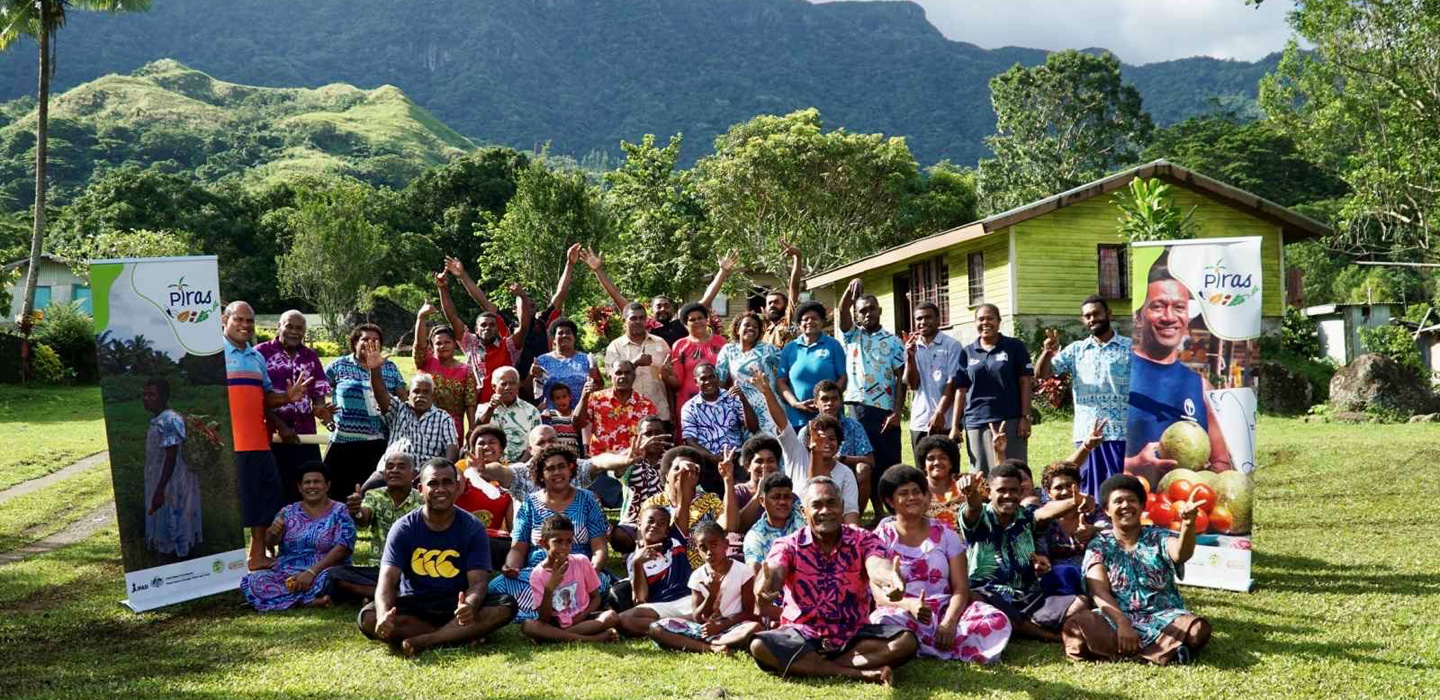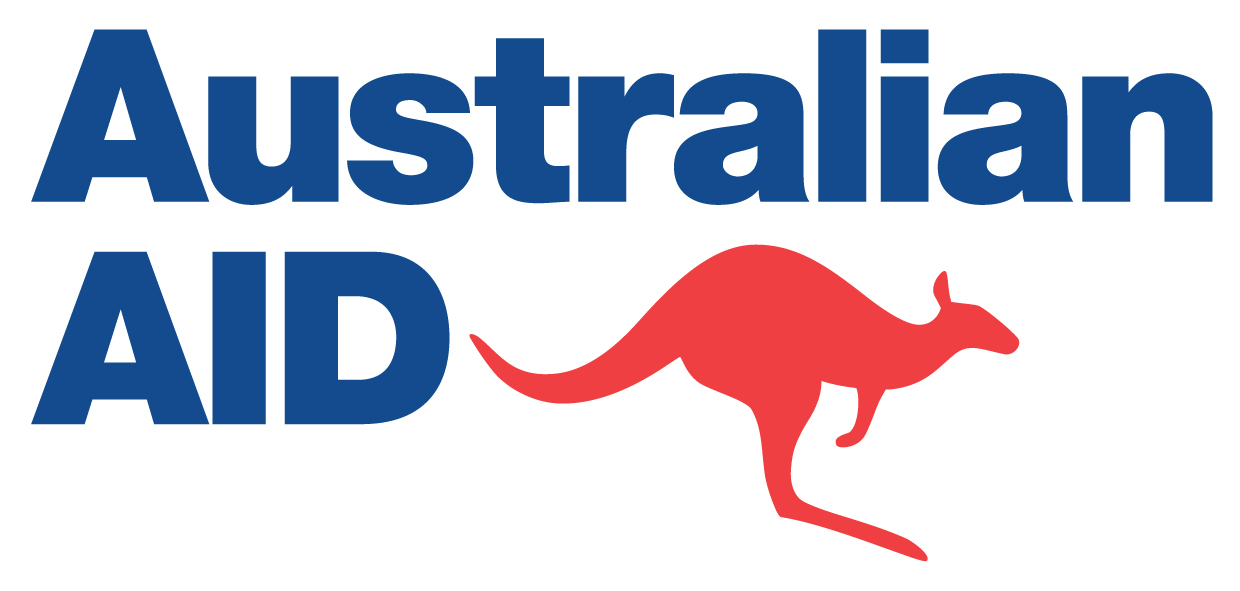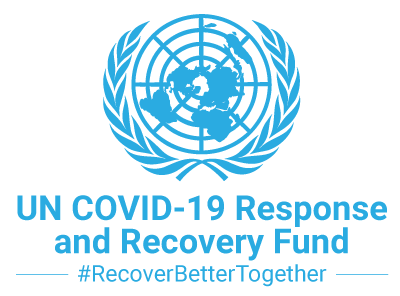Pacific Islands Rural and Agriculture Stimulus Facility
PIRAS Banner

Pacific Islands Rural and Agriculture Stimulus Facility
PIRAS
In Pacific Small Island Developing States, the COVID-19 pandemic intensified existing challenges related to food security, nutrition and climate resilience. It emphasized the importance of Pacific agriculture and domestic food systems for food security, economic development, resilience to shocks and self-sufficiency.
The severity of the pandemic’s economic impact varies between countries depending on their dependence on imported food, integration with global supply chains, the significance of the tourism industry and their natural resources.
Launched in 2022, the Pacific Islands Rural and Agriculture Stimulus (PIRAS) Facility is a collaboration between IFAD and the Australian Government. PIRAS is a regional initiative aiming to minimize the impact of COVID-19 on rural households. The programme supports food system and economic recovery by prioritizing food self-reliance, improving local nutrition and developing sustainable, equitable agricultural livelihood opportunities for rural communities in Fiji, Kiribati, Samoa, Solomon Islands, Tonga and Vanuatu.
To catalyze the mobilisation of resources needed to meet communities’ needs, PIRAS is delivered through existing IFAD-funded projects and programmes. In partnership with governments, farmers’ organizations and civil society, PIRAS:
- Expands knowledge and coordination around production, distribution and consumption of nutritious local foods;
- Improves food and nutrition security;
- Enables safe post-harvest handling and local food preservation;
- Facilitates functioning local food markets, strengthens market linkages and transfer of business skills, especially for women and youth;
- Supports the economic recovery of Small and Medium Enterprises, producers’ organizations and agribusinesses through sustainable businesses and access to social security; and
- Promotes data collection and information sharing to enable timely, informed response planning and policy coordination around local foods.
PIRAS funding totals US$8.1 million, with contributions from a US$3 million IFAD grant funded through the RPSF, Australia supplementary funds of AU$5 million and US$1.5 million from the UN COVID-19 Multi-Partner Trust Fund.
For more information on PIRAS, please contact Tamara Nicodeme, PIRAS Regional Coordinator ([email protected]).
Related stories
Related stories
Self-sufficient farming for better health in the remote Pacific
Rural people in Kiribati are leading the way in sustainable farming, making nutritious foods available and creating a foundation for better health in the years to come.
An old crop for a new crisis: how cassava helped Samoans through the pandemic
Faced with the prospect of food insecurity during the COVID-19 pandemic, Samoans turned to an ancient staple to feed their families and communities.
After the tsunami, home gardens provide fresh food and renewed hope in Tonga
When a massive tsunami devastated low-lying coastal areas in Tonga, local people had to rebuild their lives from scratch. For many, home gardens provided much needed fresh produce, as well as renewed hope for the future.
Related publications
Related publications
Photo Story: The Pacific Islands Rural and Agriculture Stimulus Facility in Fiji
PIRAS is helping farmers get back on their feet and increase their income through crop diversification, engagement in food processing and expanded access to new markets. This brochure highlights the stories of some of the rural people supported by PIRAS.
PIRAS Country Update: Samoa
PIRAS supports COVID-19 food system and economic recovery. In it, PIRAS supports food production, post-harvest handling and market access.
PIRAS Country Update: Kiribati
PIRAS supports COVID-19 food system and economic recovery. In Kiribati, PIRAS tackles water scarcity and food security for vulnerable rural farming households.
PIRAS Country Update: Fiji
PIRAS supports COVID-19 food system and economic recovery. In Fiji, it works in 70 villages and supports food production, post-harvest handling and market access.
Related videos
Please enter a valid video URL.
The URL can point to any video file or a Youtube video.
Please enter a valid video URL.
The URL can point to any video file or a Youtube video.
Please enter a valid video URL.
The URL can point to any video file or a Youtube video.
Please enter a valid video URL.
The URL can point to any video file or a Youtube video.
Please enter a valid video URL.
The URL can point to any video file or a Youtube video.

